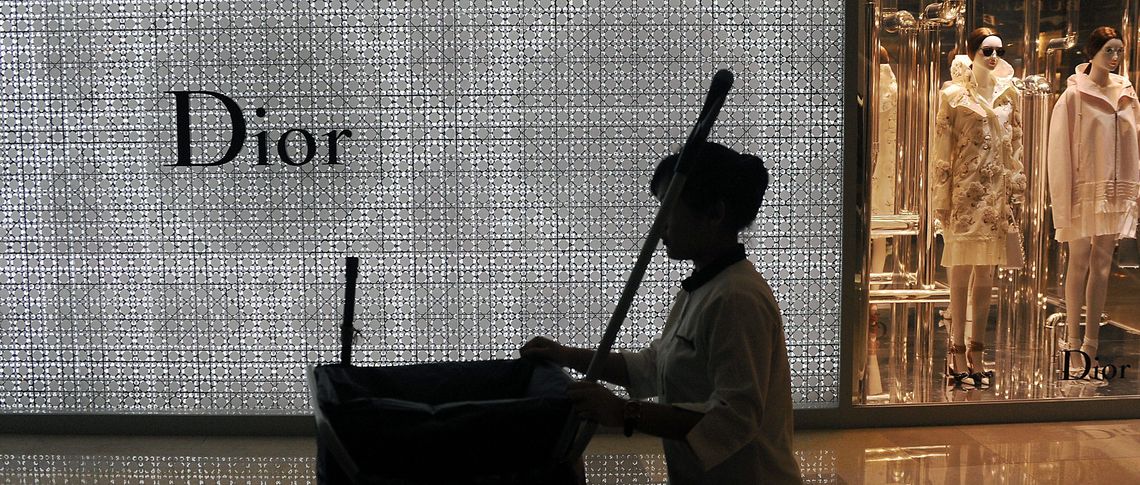Fifteen years ago, Richard Wilkinson and I drew attention to the profound damage caused to population health, people’s life chances and social cohesion by socioeconomic inequality. We spent the next decade discovering the ways in which inequality caused those problems through the ways in which social hierarchies impact status anxieties and chronic stress. Inequality fosters a culture of competition rather than collaboration, leading to social distancing and insecurity, which heightens violence and psychological vulnerabilities. We have consistently found that more equal societies, which nurture sharing and reciprocity, produce much higher levels of all kinds of wellbeing than those based on excessive individualism, competitiveness and social aggression.
From rising mental health problems and social disconnection to higher crime rates and poorer physical health, inequality tears apart the social fabric. It erodes trust, diminishes social mobility and fuels perceptions of unfairness.
We hoped, of course, that by publishing our findings, politicians and policymakers would take the evidence on board, focus on equality and implement redistributive policies. Instead, across much of Europe, what followed was austerity, a global pandemic, conflict and a cost of living crisis. Rather than a hopeful era of progressive politics, we have witnessed a worrying rise in political extremism, populism and distrust in democratic institutions. While many factors contribute to this shift, inequality sits at the heart of it.
Not just an economic issue
Last year, we re-ran our analyses and found, yet again, that inequality is not just an economic issue — it’s a social, health and environmental crisis with profound implications for the future of our societies. We found critical linkages between social inequality and planetary health: environmental harm often exacerbates existing social disparities. The most vulnerable populations – those with the least resources and political power – bear the brunt of climate change, pollution and resource depletion, despite contributing the least to environmental degradation. We know that economic inequalities influence consumption patterns, access to clean water, air quality and exposure to climate-related risks, creating a vicious cycle of injustice. It is clear that addressing inequality is not only, as it has always been, a moral imperative but also essential for achieving a just transition to sustainability, where both people and planet can thrive.
Just as worryingly, as income and wealth inequality increase across societies, social cohesion deteriorates, and populism grows. Economic inequality also intersects with and deepens inequalities related to race and gender, reinforcing discrimination and marginalisation. High levels of inequality erode trust within and between communities, weakening social bonds and reducing trust in public institutions, which hampers effective governance. It also concentrates political power among the wealthy, threatening democratic integrity by enabling elites to oppose reforms that could promote fairness, inequality is undermining our democracy.
Children and young people’s life chances are sharply divided by economic status and social class.
As we think about the politics and policies that we need to cope with the imminent environmental crisis and the risks of far-right populism, let’s not forget those whose lives will be impacted for the longest if we fail to act. Children and young people’s life chances are sharply divided by economic status and social class. Inequality impacts early childhood development, health and social skills long before school starts. In more unequal countries, children face diminished opportunities and more mental health issues. During their school years, disparities deepen, wealthier children benefit from greater cultural and social capital, as well as privileged education and enriched environments, creating a cycle of unequal advantage that limits social mobility.
Children from poorer backgrounds are locked into intergenerational cycles of disadvantage. Young people themselves overwhelmingly support fairer systems, yet current inequalities threaten the very foundations of the societies and environments in which they are growing up. If we really want our young people to thrive, we must tackle the inequalities that hold so many of them back. And we must remember that when people feel left behind, disillusioned, treated unfairly or hopeless about their futures, they become vulnerable to populist messages that blame minorities, migrants or distant elites for their hardships.
We know our history: economic hardship and social exclusion can rapidly give rise to authoritarian movements and violent extremism. Neglecting the social and economic roots of discontent can have catastrophic consequences. We know that inequality is a threat to people, to the planet, to future generations and to democracy itself.
A new vision for a good society
Europe’s social democrats must lead this fight and tackle inequality head-on by implementing progressive taxation, expanding social protections and promoting healthy livelihoods. We must foster political narratives that emphasise cooperation, community and shared prosperity, countering the divisive populist rhetoric.
There is a lot we could do to start building a new vision for a good society. I would plump for two fundamental solutions to inequality: wealth taxes and universal basic income (UBI) — unconditional cash payments to all citizens that would provide economic security, dignity and agency. And I would push for new democratic institutions that would weave citizen voices and evidence into policymaking — everything from citizens’ assemblies to participatory budgeting.
If you don’t like my solutions, feel free to promote discussion and debate about alternatives, but, please, let’s all put tackling inequality at the centre of our political agendas and act to address the interconnected crises we face – from climate change to social care to the epidemic of mental ill health and the democracy deficit – and create a resilient, fair and sustainable Europe. Addressing inequality must be at the heart of our political agenda. Otherwise, we face a future where the far right gains even more ground, and society spirals into division and discord.
This is a joint publication by Social Europe and IPS Journal.






